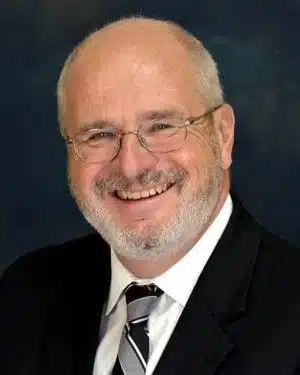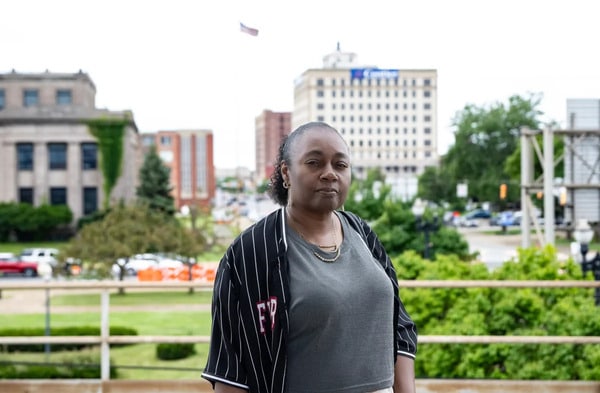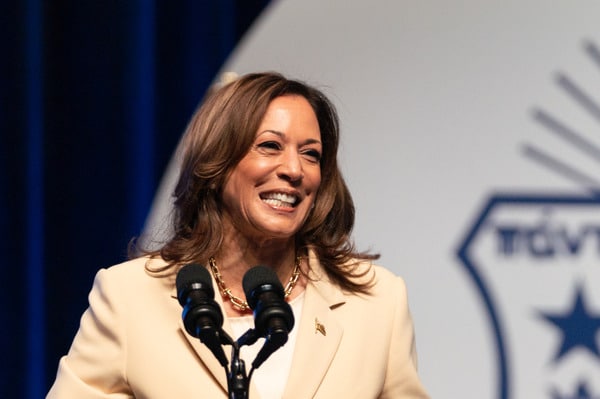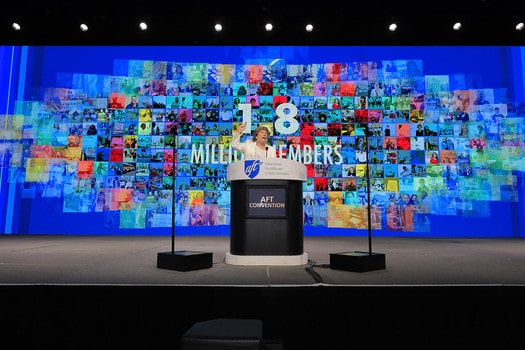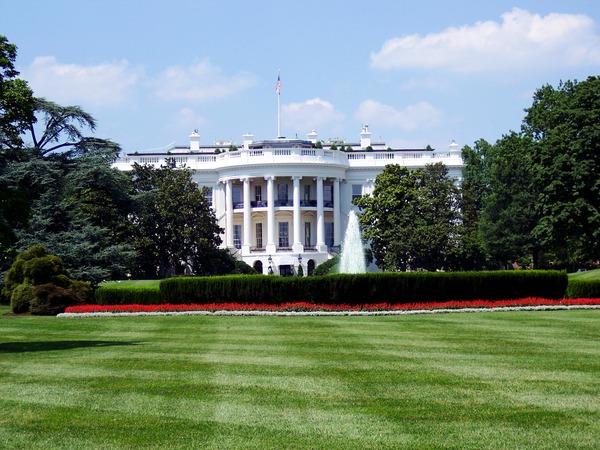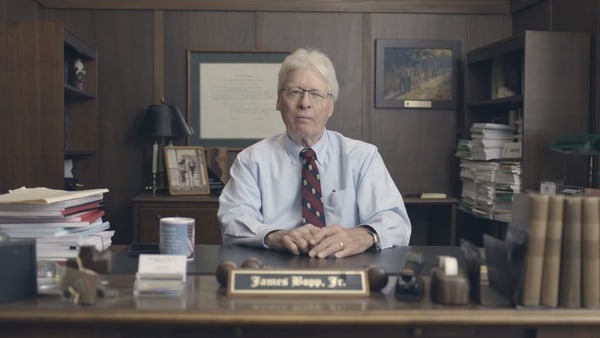That’s what the newly released Indiana Civic Health Index—INCHI—reveals. It shows that by many standards the Hoosier state is failing to create a culture that encourages and develops engaged citizens—and thus also fails to nurture a society that is satisfying to Indiana residents.
This study is not the work of cranks and complainers.
Far from it.
INCHI is overseen by the Indiana Bar Foundation in collaboration with a series of civic partners, including The Indiana Citizen, which is allied with TheStatehouseFile.com.
Some background is necessary to understand the significance of INCHI’s findings. A little more than a dozen years ago, two men—former U.S. Rep. Lee Hamilton, D-Indiana, and former Indiana Supreme Court Justice Randall Shepard—championed the creation of the index as a way of tracking how well Hoosiers were meeting the responsibilities of self-government.
There are few figures in Hoosier history more respected than Hamilton and Shepard. If Indiana had its own Mount Rushmore, Hamilton and Shepard very well might be on it.
INCHI began tracking indicators of civic participation following the 2010 national off-year elections.
Even then, the numbers weren’t good. In 2010, only 65.1% of the state’s eligible voters were registered and only 39.4% actually cast ballots. Those figures placed Indiana 43rd and 48th, respectively, in the nation in voter registration and voter turnout.
The picture has grown bleaker since then.
By 2022, 66.5% of the state’s eligible voters had registered and 41.9% went to the polls. That was enough to place Indiana 40th in voter registration and 50th—yes, 50th—in voter turnout.
The outlook isn’t any better in presidential election years.
In 2012, the voter registration number was 71.3% and the turnout figure was 59.3%, good enough for 37th and 38th place, respectively.
In 2016 and 2020, we came in at 40th and 39th, respectively, in voter registration with numbers of 68.8% and 69.3%. The voter turnout slide was deeper. We landed in 41st place in 2016 with 58.3% and in the 46th spot with 61%.
Nor are many of the other signs much more encouraging. The index reveals reasons for concern regarding education, volunteerism and other mainstays of a self-governing society.
What accounts for this dismal showing?
As is always the case with a breakdown this profound, there are many small contributing causes. Indiana has erected barriers to voting, many of which make casting a ballot even more onerous for those who already struggle to make their voices heard in elections. We Hoosiers also do not prize civic education—either in school or afterward—in the fashion that citizens of many other states do.
But, in many ways, those causes are marginal ones.
The overarching reason that many Hoosiers do not register to vote or, even if they are registered, go to the polls is that they don’t think their votes or voices matter one way or the other.
Theirs is not an irrational position.
Indiana is the fifth-most gerrymandered state in the country. In any election, only a handful of seats in the Indiana General Assembly will be in play. For the U.S. House of Representatives, maybe one or two seats every three election cycles genuinely will be up for grabs.
All the others generate as much suspense as a coronation.
That is what happens when politicians are allowed to choose the voters they want rather than allowing the voters to choose the leaders they want. Such a system makes life infinitely easier for officeholders, but it distances citizens from the government that is supposed to serve them and strips of any real power the process by which those citizens are supposed to make their will known.
The most daunting and troublesome reality of this morass is that it easily becomes self-perpetuating. Politicians see no reason to change it because it protects rather than challenges them.
It insulates them from responsibility rather than holding them accountable.
But this endless train wreck means that issues that voters genuinely care about go unacknowledged and unaddressed, election after election after election.
The tendency here in Indiana has been to hope, against hope, that the problem would solve itself.
But it hasn’t.
As INCHI makes clear, the ailments afflicting our state are growing worse, not better.
And the longer we wait to implement a cure, the more painful it’s likely to be.

